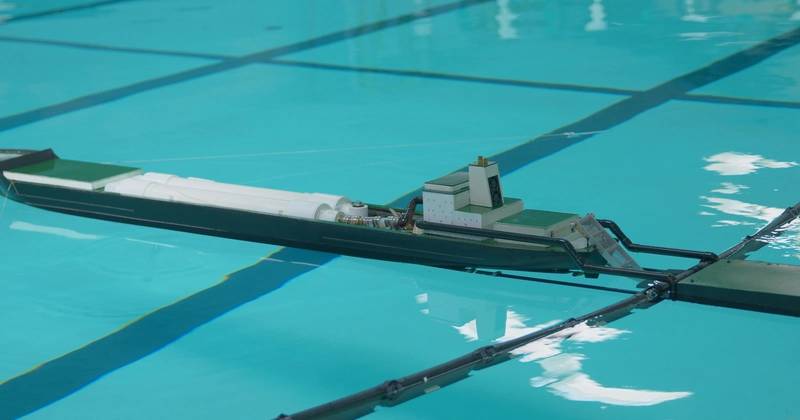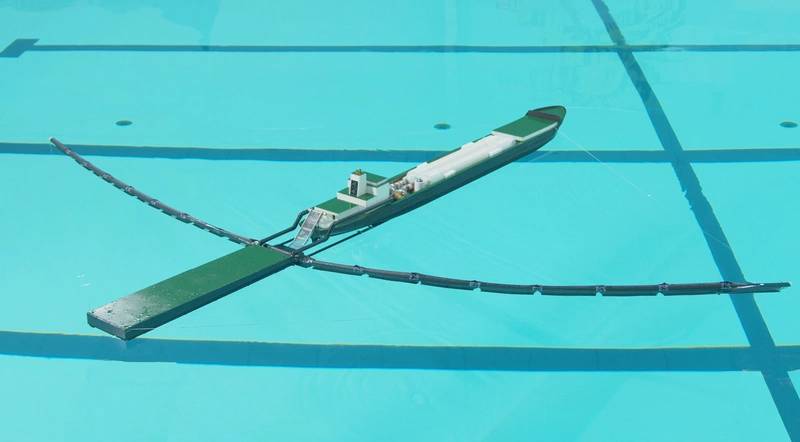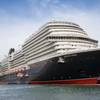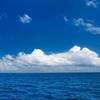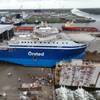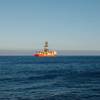Marine Concept Design: Ocean "Plastic Harvester" Completes Prototype Testing
Our Cleaner Planet, a non-profit startup with an 'innovative technique to remove plastics from our oceans', said it has completed prototype testing of its first plastic harvester and is now ready to move forward with larger unit testing. The program is scheduled to launch the first of its full-sized, plastic harvesters into ocean operation in 2025.
“The test parameters for our 1:164-scale prototype were set up to evaluate speed and control and the first stage of the filtration process,” said Pat Marshall, founder of Our Cleaner Planet. “We exceeded on all levels and we are excited to move on to our larger scale, test model.” The next step is a 1:12-scale unit that the team expects to start testing in early 2022.
Marshall comes from the aerospace sector and created Our Cleaner Planet with the mission to harvest plastics from the oceans. The first manifestation of the mission is a patent-pending design focused on the larger, macroplastics as well as much smaller micro- and nanoplastics. “Removing plastics from the oceans is only part of the solution to this problem, but it is the important first step that Our Cleaner Planet will take,” he said.
The ocean plastics clean up system includes a large ship that utilizes an ocean-borne, plastic debris harvesting process, designed to remove nanoplastics down to 5 microns in size. The system will be designed to extend from surface level to a depth of 60 feet, and from the outset the organization expects to develop a fleet of ships, with each vessel designed to remove up to 1000 metric tons of plastics from the oceans annually.
Marshall explained that Our Cleaner Planet is targeting a net zero harvesting system. “Harvested plastics will be further processed into fuel onboard and each ship will be outfitted with CO2 scrubbers. Ash will be the sole byproduct of the process and excess ash will be further utilized in other industries finally completing the lifecycle of the harvested plastic,” he said.
Marshall and his team are currently seeking funding and additional support.
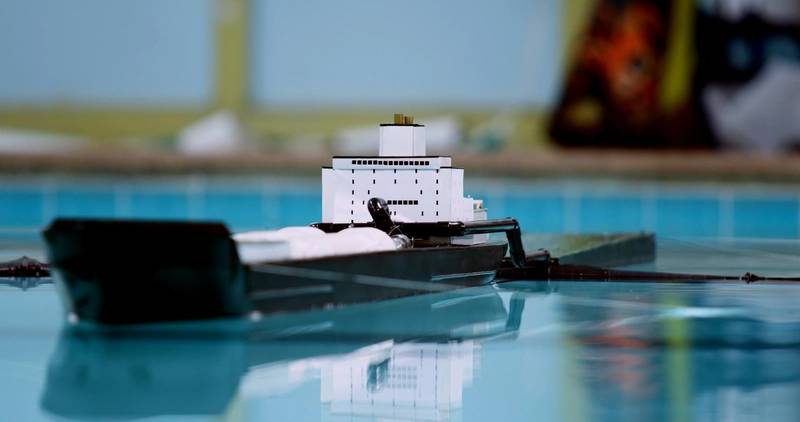 Image courtesy Our Cleaner Planet
Image courtesy Our Cleaner Planet





